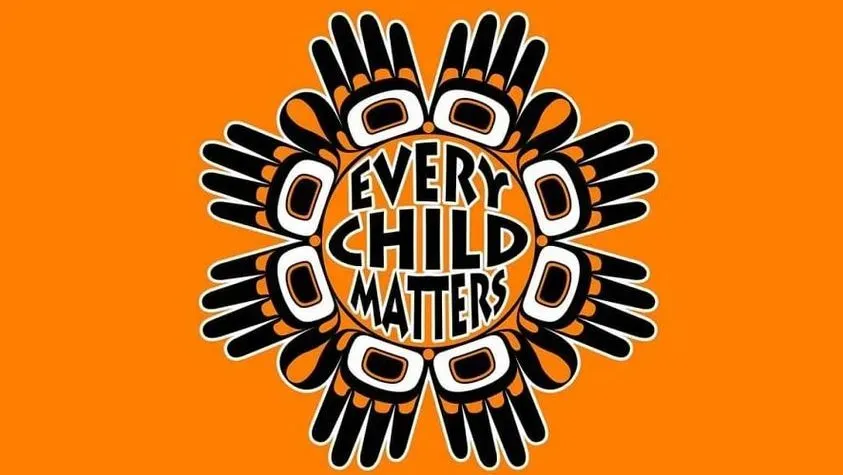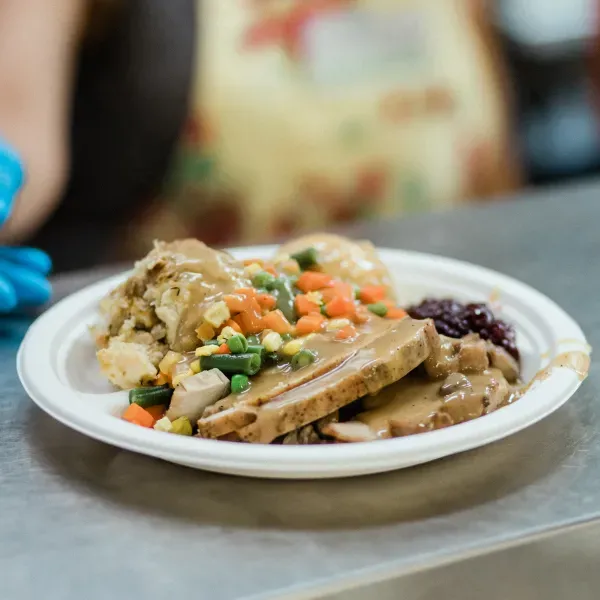
Since 2013, September 30th has been observed as Orange Shirt Day, a movement to recognize the colonial legacy of residential schools and commit to the ongoing process of reconciliation. Orange Shirt Day recalls the experience of residential school survivor Phyllis Webstad. When she was six years old, she was cruelly stripped of her new orange shirt during her first day attending the St. Joseph Mission Residential School on Secwpémc Territory near Williams Lake, BC.
Residential schools were government and church-run institutions that existed in Canada until 1996. Representatives from these institutions forcibly removed children from their families and communities, in order to assimilate them and strip them of their culture, identity and languages. Children suffered horrific circumstances including physical, emotional and sexual abuse, manual labour, unhealthy living conditions and inadequate nutrition. Thousands of children died and never returned home from residential schools. We continue to grieve and remember with the Indigenous community. These painful experiences and disconnection from family and community have resulted in trauma and intergenerational trauma for Indigenous peoples.
Starting this year, September 30th will also be observed as the National Day for Truth and Reconciliation, a federal statutory holiday in Canada. This day honours Survivors, their families, and communities, and ensures that public acknowledgement of the impacts of residential schools remains a vital component of the reconciliation process.
Colonization, residential schools and ongoing systemic racism has led to Indigenous people being disproportionately affected by homelessness, the opioid crisis, and violence, particularly towards Indigenous women, girls, and Two Spirit people. UGM acknowledges that injustice and systemic racism exists all around us—and within us.
There is a disproportionate representation of Indigenous people who are struggling with homelessness, poverty and/or addiction. As a faith-based organization that works with this community, we are committed to listening, learning and creating change. We are committed to honouring Indigenous people and are grateful to journey with many Indigenous community members. We stand in solidarity with the Indigenous community, always.
We hope you will join us. We encourage you to take some time today to listen and learn, to recognize the impacts of residential schools and reflect on the work that is needed for reconciliation. We can all work towards reconciliation every day.
Here are some ways to learn more and support:
- Develop an understanding on Indigenous History and Culture & Land Acknowledgements
- Support Indigenous businesses and Land Protectors
- Listen to Indigenous Elders and Knowledge Keepers like AVFCS and NCTR
- Read and challenge your communities to follow the Truth and Reconciliation Findings and 94 calls to action
- Purchase and read books by Indigenous authors (Check out Iron Dog Books, Massy Books and Strong Nation)
- Learn how to acknowledge the territories where you live, work and play
- Engage with Indigenous art, music and culture
- Read more about Phyllis Webstad’s story here
- Support the Indian Residential School Survivors Society
Image credit: Andy Everson


